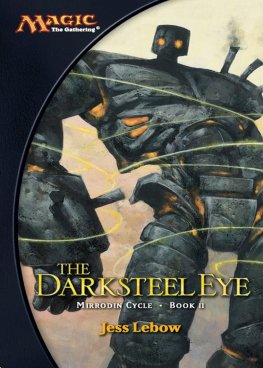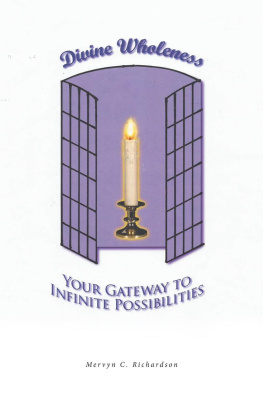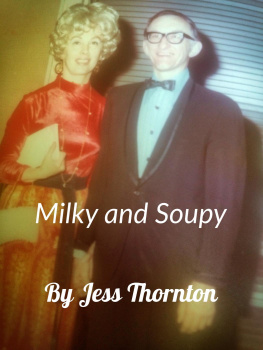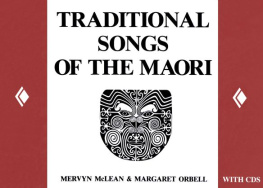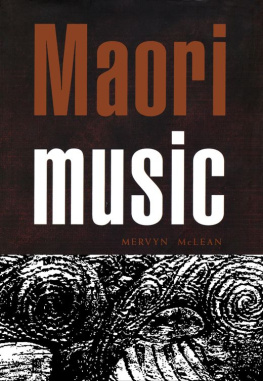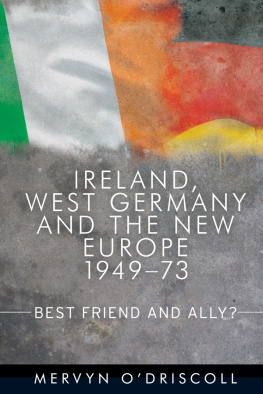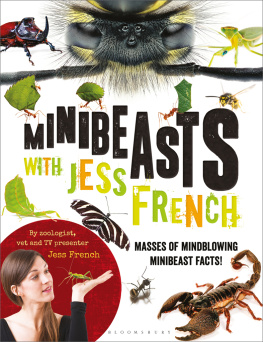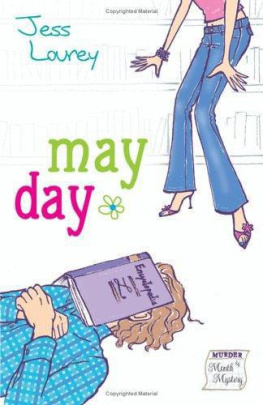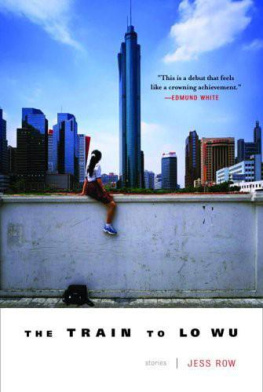To my parents
When this project was first proposed at the beginning of 2006 it was intended to be a much smaller publication, but the intervening months have seen it grow into the book you hold in your hands now. Telling the story of the Orange Order is a challenge in a number of respects. Members of the organisation have traditionally been wary of the media and getting them to talk openly about a fraternity that they hold dear to their hearts and that they perceive to be under constant attack and unfair scrutiny is no easy matter.
Metaphorically speaking, when a writer first walks through the door of a lodge-room, there are a surprising number of other doors leading off into all sorts of different rooms. The difficulty with a shorter book is not having the time and space to explore these other rooms, each of which is an important component in the history of an organisation that has been at the heart of Anglo-Irish affairs from its formation to the present day.
This publication does not pretend to be a definitive history, but it does provide a window into what has traditionally been an overly protective and secretive organisation. Some of those at the highest level within the Order agreed to be interviewed for the book; their views are contrasted with their most outspoken opponents and the mix is complemented by a historical perspective from more independent observers. This is a book for the uninitiated in Orangeism, and also for those in the pro- and anti- camps, but most importantly it should be read by anyone seeking to understand the historical significance of the Orange Order and where it is going in the twenty-first century.
My thanks go to all those too many in number to acknowledge individually who have helped me gain an invaluable insight into the workings of a complex institution. Some are identified and named in the text. Others are not. All, from Orange, Black and Green backgrounds, have my appreciation for their time, patience and expertise. Any errors of fact or interpretation are mine alone.
There are numerous other people who assisted me who did not wish to be identified, and to them I also bear a debt of gratitude.
Thanks go to Andrew Colman, Head of News and Current Affairs BBC Northern Ireland, for allowing me the latitude to complete this work. Also to my journalist colleagues Seamus Kelters and Brian Rowan for their support and advice throughout the project.
My gratitude is also extended to the team at The OBrien Press for helping to conceive the idea and their encouragement at every stage of the process. In particular I would like to thank Helen Carr and Emer Ryan for scrutinising my numerous drafts and giving expert advice and direction.
I also want to acknowledge the love and support of my family my wife Lynn and daughters Aimee and Melanie, who coaxed and cajoled me to complete the project as the publishers deadline drew ever nearer. Also my mother, Rosemary, who impressed upon me from an early age the importance of reading and writing and my late father Hans Gilmore Jess an Orangeman and a Blackman who encouraged his children to think for themselves and not to take anything at face value.
That advice has been invaluable during my journalistic career in Northern Ireland over the past thirty years and was a factor in my decision to write this book, a task which has proven both challenging and stimulating. Initially, I was apprehensive about taking on a subject that, frankly, could have filled a hundred books. I have attempted to reflect not only views from within, but also from outside the institution and in doing so I believe Ive managed to shine a light into its darker recesses, which are rarely visited. Ultimately, the reader will make their own judgement regarding that and indeed the subject matter of this book the Orange Order itself.
CONTENTS
Joining the Orange Order is a big step in the life of young Protestant men. It involves a major decision by anyone intending to become a member of an institution that is among the oldest surviving fraternities in the world. The membership procedure is similar wherever Orangeism is active. When a man applies or is invited to join a lodge, he is asked along to one of the hundreds of Orange halls scattered across the country. It could be a small, dimly lit corrugated-iron hut in a rural setting, well away from the main roads and up a hedge-lined lane, or it might be in a major conurbation on the corner of a busy city street. In larger lodges, dozens of brethren with ages ranging from eighteen to eighty might be present. In the smallest, a much-needed new candidate could find himself standing in a lodge room with fewer than a dozen members present. The initiation ceremony is the same regardless. The candidate is brought before the Worshipful Master, officers and lodge brethren. He then becomes the focus of attention in an initiation ritual, handed down and performed over two centuries. Part of that ritual includes the reading of the Qualifications of an Orangeman . They are as follows:
An Orangeman should have a sincere love and veneration for his Heavenly Father; a humble and steadfast faith in Jesus Christ, the Saviour of mankind, believing in Him as the only Mediator between God and man. He should cultivate truth and justice, brotherly kindness and charity, devotion and piety, concord and unity, and obedience to the laws; his deportment should be gentle and compassionate , kind and courteous; he should seek the society of the virtuous, and avoid that of the evil; he should honour and diligently study the Holy Scriptures, and make them the rule of his faith and practice; he should love, uphold, and defend the Protestant religion, and sincerely desire and endeavour to propagate its doctrines and precepts; he should strenuously oppose the fatal errors and doctrines of the Church of Rome, and scrupulously avoid countenancing (by his presence or otherwise) any act or ceremony of Popish worship; he should, by all lawful means, resist the ascendancy of that Church, its encroachments and the extension of its power, ever abstaining from all uncharitable words, actions, or sentiments towards his Roman Catholic brethren; he should remember to keep holy the Sabbath day, and attend the public worship of God, and diligently train up his offspring, and all under his control, in the fear of God, and in the Protestant faith; he should never take the name of God in vain, but abstain from all cursing and profane language, and use every opportunity of discouraging these, and other sinful practices , in others; his conduct should be guided by wisdom and prudence, and marked by honesty, temperance and sobriety; the glory of God and the welfare of man, the honour of his Sovereign and the good of his country, should be the motive of his actions.
Dan Winters house is a small whitewashed, mud-walled thatched cottage near the village of Loughgall in County Armaghs orchard country. It is a picture straight out of a tourism brochure: the sort of Irish idyll that attracts hundreds of thousands of people from around the world to visit these shores. This particular cottage, however, has historical foundations that are very different from those of rural Catholic Ireland which invoke images of farming families gathered round open turf fires playing traditional music with a picture of the Virgin Mary and a crucifix hanging on the wall. The walls of the Winter family home are adorned with emblems of another faith, because this dwelling at the Diamond is a historically important bastion of Protestantism the birthplace of the Orange Order.
Hilda Winter is the widow of Derek Winter the great, great, great, great-grandson of Diamond Dan Winter and she is the curator of Dan Winters House Ancestral Home museum. Upon arrival at this farmers cottage on Derryloughan Road near Loughgall, the visitors eye is drawn to a flat rock by the half-door in the porch, with the words Please come in painted on it. Inside, the small stone-floored rooms with their low-beamed ceilings and tiny windows are home to a collection of Orange memorabilia dating from the present day back to 1795.


